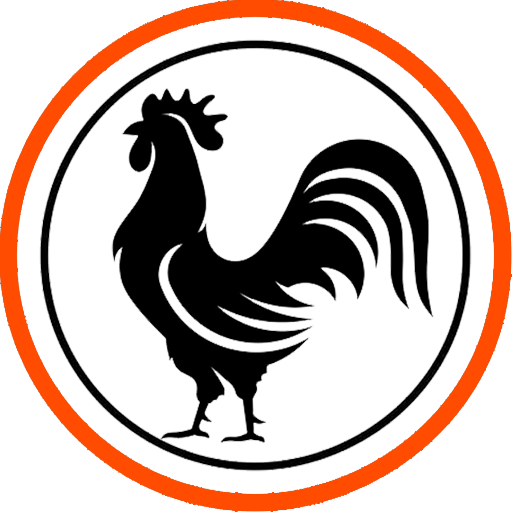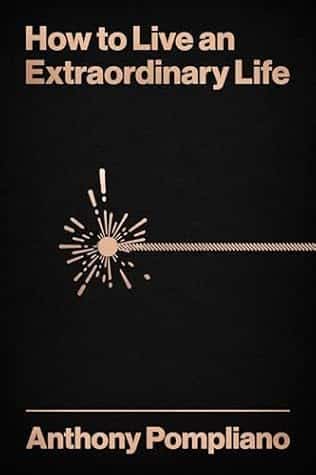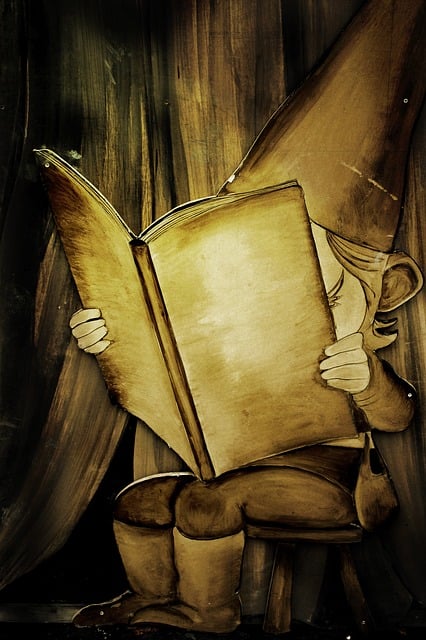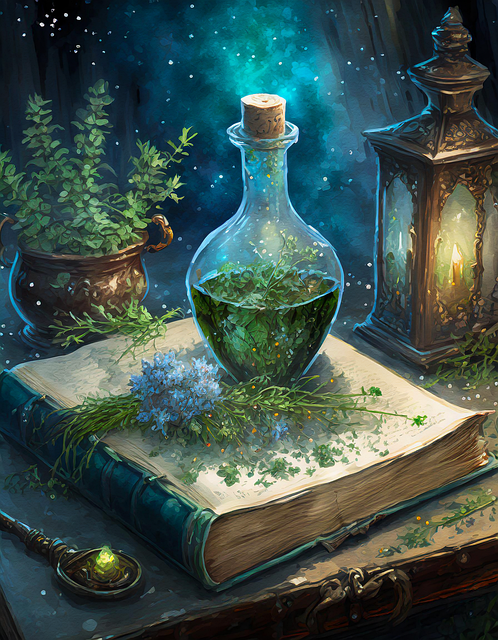In a world that often equates value with size, short books are a refreshing reminder that brevity doesn’t mean a lack of depth. Some of the most profound lessons and life-changing ideas are found in books with fewer pages. Spending more time reading short books can enrich your life without overwhelming your schedule.
Why Short Books Pack a Punch
- Brevity Focuses the Message
Short books are often distilled to their essence. Without the space for unnecessary fluff, every word counts, and every idea is purposeful. This focus ensures that the reader engages with the most impactful concepts without distractions. - Easier to Digest
A short book can be read in a single sitting or over a few days, making it more accessible for busy readers. Because the content is compact, it’s easier to absorb, reflect on, and integrate the lessons into daily life. - Timeless Lessons in Concise Packages
Many of the most influential works in philosophy, self-improvement, and literature are short. Books like The Art of War by Sun Tzu, The Little Prince by Antoine de Saint-Exupéry, and Man’s Search for Meaning by Viktor Frankl are concise yet deeply profound, proving that life-changing wisdom doesn’t require hundreds of pages. - Encourages Reflection
The brevity of short books invites rereading and contemplation. Since they’re quick to revisit, their ideas often stay with you longer, growing in relevance with each reading.
Advantages of Prioritizing Short Books
- Fits Into a Busy Schedule
For those juggling work, family, or studies, finding time for a lengthy book can feel daunting. Short books, however, fit easily into the cracks of a busy day, turning moments of downtime into opportunities for growth and inspiration. - Builds Reading Momentum
Completing a book—no matter its length—provides a sense of accomplishment. Reading short books can help build momentum, reigniting a love for reading and encouraging the habit of finishing what you start. - Diverse Learning Opportunities
Short books often focus on a single idea, concept, or story, making it easy to explore a wide range of topics in a short period. This diversity keeps reading fresh and engaging.
Examples of Short Books with Big Lessons
- “The Alchemist” by Paulo Coelho: A fable about pursuing one’s dreams and finding purpose.
- “Who Moved My Cheese?” by Spencer Johnson: A simple yet powerful story about adapting to change.
- “Of Mice and Men” by John Steinbeck: A heart-wrenching tale of friendship and hardship.
- “The Four Agreements” by Don Miguel Ruiz: A guide to personal freedom and living authentically.
- “Tuesdays with Morrie” by Mitch Albom: Lessons on life and love from a dying mentor.
How to Embrace Short Books
- Start with Recommendations
Look for short books that align with your interests or come highly recommended for their impact. - Pair Them with Long Books
Alternate between short and long books to keep your reading journey balanced and varied. - Reflect and Journal
After finishing a short book, take time to reflect on its lessons. Write down key takeaways to ensure you retain and apply what you’ve learned.
Conclusion
Short books prove that you don’t need hundreds of pages to uncover profound wisdom, powerful stories, or life-changing ideas. By spending more time reading them, you’ll not only expand your knowledge but also make reading a more accessible and enjoyable part of your life. So, the next time you’re looking for a book, don’t overlook the slim ones on the shelf—they might just leave the biggest impact.










